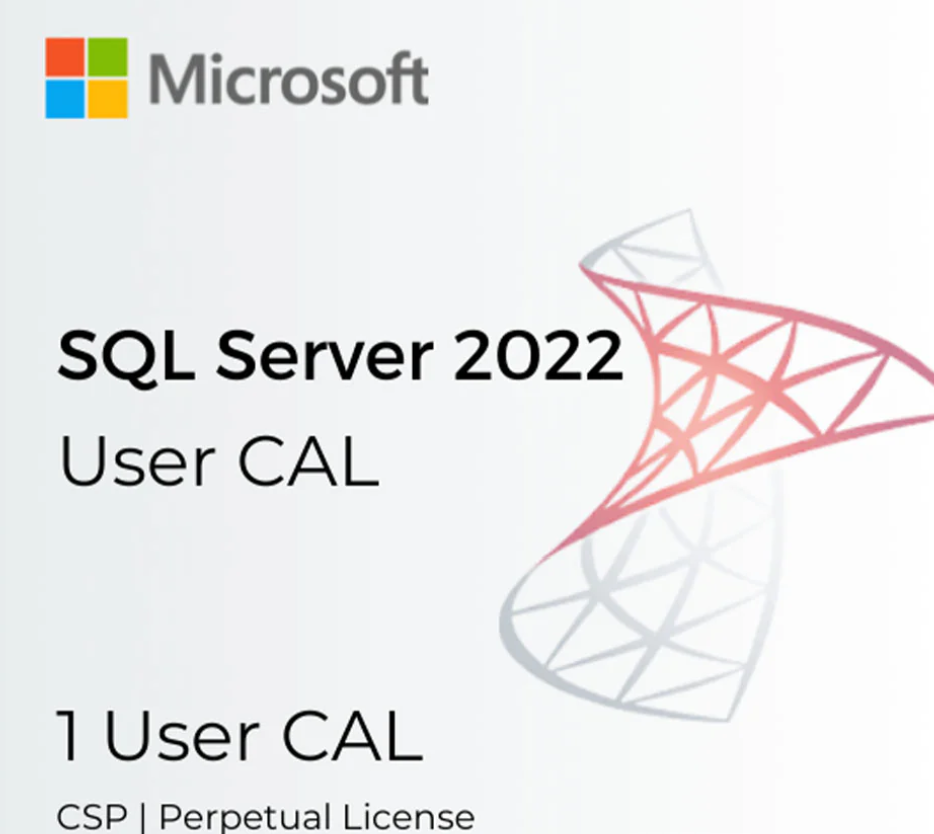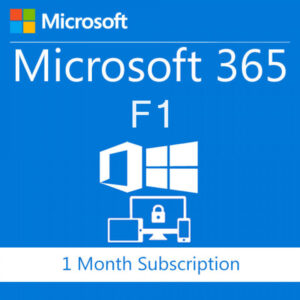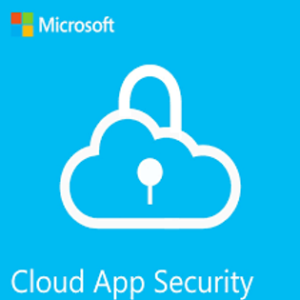Description
SQL Server User CAL
The Server + CAL licensing architecture for Microsoft SQL Server necessitates the use of a SQL Server User CAL (Client Access License). which is a sort of license. It gives users the authority to access a SQL Server instance from any device that they use.
Important information regarding SQL Server User Client Access Licenses (CALs):
User-centric:
A User Client Access License (CAL) is granted to a particular user. This enables that user to establish a connection to the SQL Server from a number of different devices. Such examples are a computer at work, a computer at home, or a mobile device. This eliminates the need for the user to purchase a separate license for each individual device.
Right of access:
It is not the software itself, but rather a license that grants a user the ability to get access to and interact with the SQL Server software.
Server + CAL model:
The Server + CAL licensing model is one in which you purchase licenses for both the SQL Server and the users or devices that access it. User CALs are included as part of this model. The Structured Query Language Server Standard Edition is the primary distribution method for this architecture.
User CAL as an Alternative to Device CAL:
A User CAL is a type of licensing that allows a single user to access the server from many devices. This is in contrast to a Device CAL, which licenses a specific device for access by multiple users. A User CAL is advantageous when users need to access the server from a variety of devices, or when the number of devices is more than the number of users.
Indirect access:
Users are still required to have a Client Access License (CAL) even if they only access the SQL Server indirectly, through another application or hardware device.
Considerations pertaining to the expense:
User Client Access Licenses (User CALs) might be a cost-effective option when the number of users is relatively small. These licenses are necessary when user need to access the server from different devices. When it comes to environments that have a high number of users or unknown external users, such as those that view web pages, the Per-Core licensing model, which does not necessitate the purchase of Client Access Licenses (CALs), is frequently a better fit.




Reviews
There are no reviews yet.